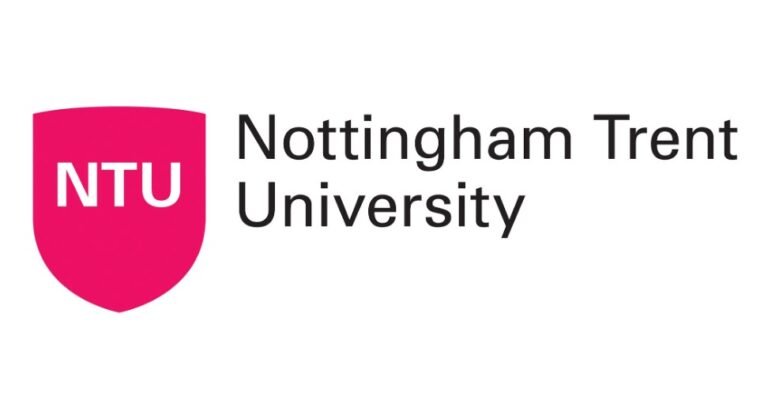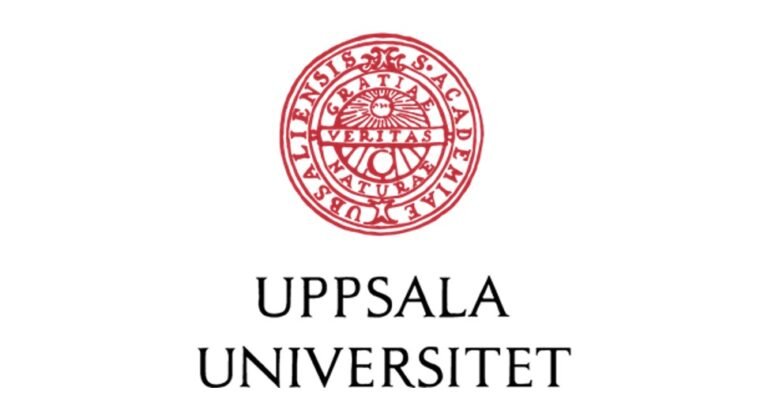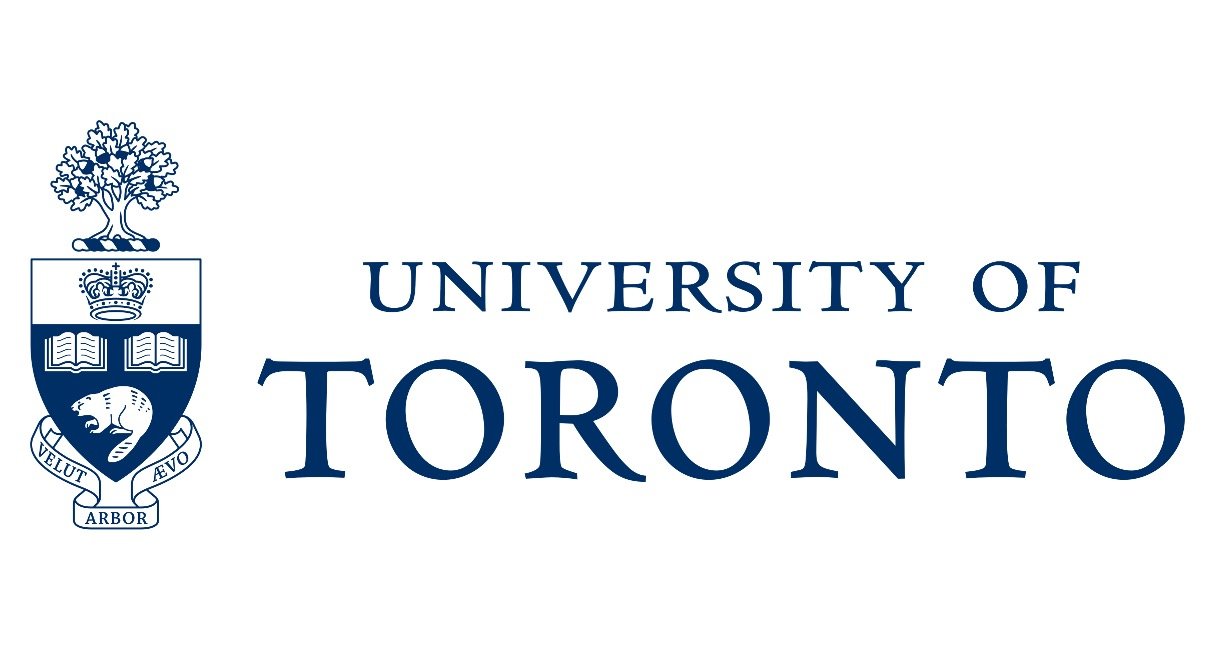Overview
Multinational Corporations have a great opportunity to advance Sustainable Development Goals (SDGs). This is more so in developing regions such as Africa that face huge challenges meeting SDGs. Despite the significance placed on MNCs and in particular, the mining industry as one of the key partners to realise the SDGs, research has shown that multinational corporations (MNCs) engage less with local communities surrounding mining operations (United Nations, 2015; Nunyonameh and Abdulai, 2022; Selmier and Newenman-Kahindi, 2021). A recent report produced by the Responsible Mining Foundation (RMF) (2022) shows that the 250 mines assessed across 53 developing countries owned by MNCs, cannot demonstrate that they are informing and engaging with host communities on SDG related projects.
Efforts, however, are increasingly being made at international summits, including Paris Agreement, COP26 and COP27 suggesting a consensus for example, to move from coal mining towards green energy as an alternative energy source to reduce the impact on people and the environment. Despite this global effort, research suggests that mining and its impact on host communities persist (Cole and Broadhurst, 2021; Dikgwatlhe & Mulenga, 2023; Nunyonameh and Abdulai, 2022; Selmier & Newenham-Kahindi, 2021). Yet, how host communities perceive, and their expectations of MNCs to address their local sustainability issues have largely been overlooked in current empirical literature in favour of foreign MNCs’ corporate social responsibility approach in developing countries (Amos, 2018; Doh, Husted and Yang, 2015; Marano, Tashma and Kostova, 2017; Selmier and Newenham-Kahindi, 2015). Research on the impact of mining on communities from the perspective of the SDGs offers a unique opportunity to investigate host communities’ engagement with, and the activities of both foreign and local MNCs in a developing country context. With this broad outline of the area of study, candidates are encouraged to develop a proposal for consideration. The proposal should demonstrate understanding of the importance of the mining sector to meeting SDGs. Additionally, the proposal should outline theoretical lens and research methods that will underpin their research question (s).
Geographically, the study should focus on mining operations, preferably, in Africa but any other developing regions are welcome.
Entry qualifications
- Candidate must have a good Masters’ degree, preferably in International Business and Management
- Qualitative research skills are essential.
- Potential candidates can take a country/sector focus or a cross country/sector study, preferably from developing countries where MNCs operate.
How to apply
Applications for October 2024 intake closes on 1st August 2024 and applications for Jan 2025 intake closes on 1st October 2024. Please visit our how to apply page for a step-by-step guide and make an application.
Fees and funding
This is a self-funded PhD project for UK and International applicants.
Guidance and support
For more information about the NBS PhD Programme, including entry requirements and application process, please visit: https://www.ntu.ac.uk/course/nottingham-business-school/res/this-year/research-degrees-in-business
Nottingham Business School is triple crown accredited with EQUIS, AACSB and AMBA – the highest international benchmarks for business education. It has also been ranked by the Financial Times for its Executive Education programmes in 2023 and 2024. NBS is one of only 47 global business schools recognised as a PRME Champion, and held up as an exemplar by the United Nations of Principles of Responsible Management Education (PRME).
Its purpose is to provide research and education that combines academic excellence with positive impact on people, business and society. As a world leader in experiential learning and personalisation, joining NBS as a researcher is an opportunity to achieve your potential.





